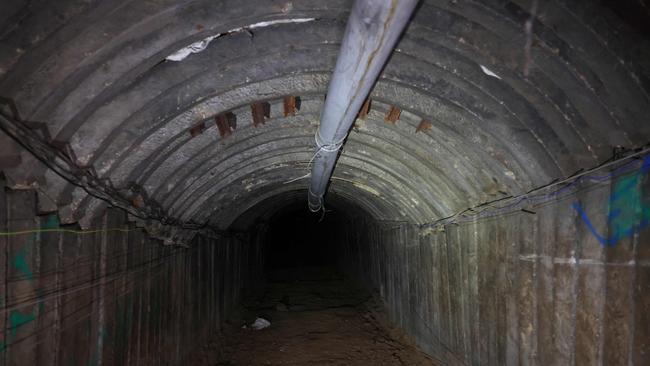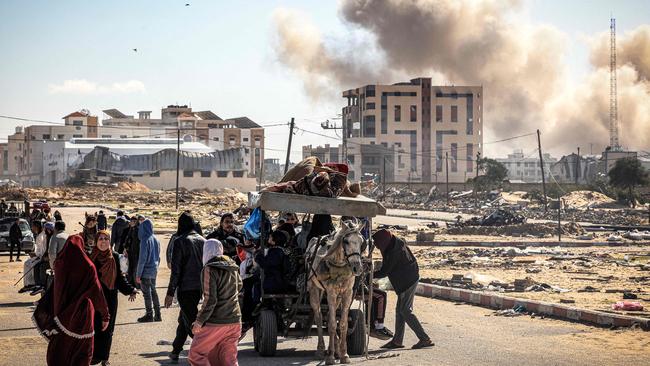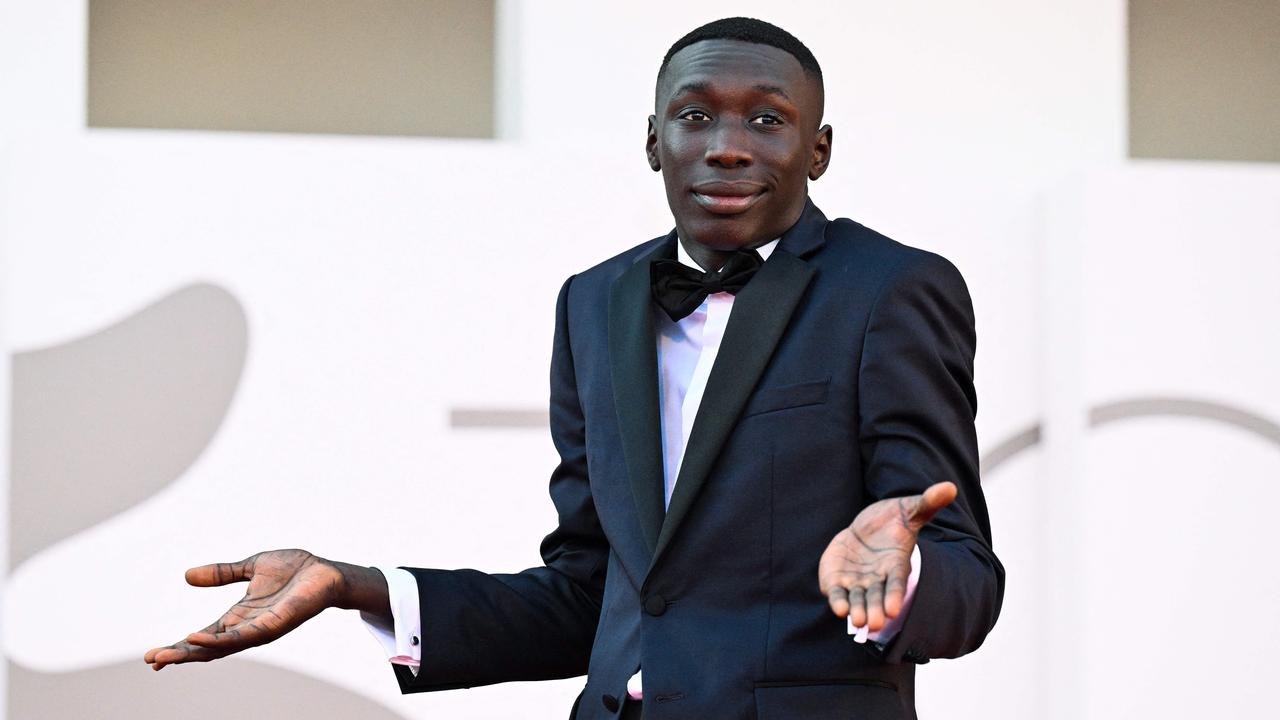Israeli military floods ‘the Gaza metro’ of Hamas
The epicentre of the fighting has been Khan Younis, southern Gaza’s main city where vast areas have been reduced to a muddy wasteland of bombed-out buildings.

Israel’s army on Tuesday said it was flooding Hamas’s attack tunnels amid intense fighting in Gaza, even as international mediators push for a new halt in the nearly four-month war.
The epicentre of the fighting has been Khan Younis, southern Gaza’s main city where vast areas have been reduced to a muddy wasteland of bombed-out buildings.
The Israeli military said it had adopted the tactic of channelling water into Hamas’s vast underground network of tunnels that it has dubbed “the Gaza metro”.
“It is part of a range of tools deployed by the IDF (Israeli military) to neutralise the threat of Hamas’s subterranean network of tunnels,” it said, confirming media reports.
At the start of the war in October, there were 1300 tunnels across 500km in Gaza, according to a study from US military academy West Point.
The army vowed to destroy them in the wake of Hamas’s October 7 attacks on Israel that resulted in the deaths of around 1200 people, mostly civilians.
About 250 foreign and Israeli hostages were also dragged to Gaza during the October 7 attack, of which around 132 are still held captive, including bodies of at least 28 people believed to have been killed.

The military says many of the hostages taken by Hamas have been or continue to be held in the vast network of tunnels.
In December, some Israeli media said the army was leaning towards flooding the tunnels with seawater pumped from the Mediterranean, but experts warned it was dangerous and posed huge risks to civilians.
On Tuesday, the military said it had taken care not to “damage the area’s groundwater”.
In Khan Younis, the Israeli army said its troops fighting in city blocks and tunnels had “eliminated terrorists during combat and located large quantities of weapons”.
The Palestinian Red Crescent Society accused Israel of “firing live ammunition and smoke grenades” at displaced people and its staff from tanks at Al-Amal hospital in Khan Younis. The army denied the allegation.
In the latest efforts to broker a new truce, a meeting in Paris on Sunday between top US, Israeli, Egyptian and Qatari officials resulted in a proposed framework.
Hamas said on Tuesday it had received the proposal, saying on its Telegram account that it was “in the process of examining it and delivering its response”.
Qatari Prime Minister Sheikh Mohammed bin Abdulrahman Al Thani, whose government helped broker a previous truce in November, voiced hope an initial deal might lead to a permanent ceasefire.
He said the plan included a phased truce that would see women and children hostages released first, with more aid also entering Gaza. The US expressed hope for a deal, with Secretary of State Antony Blinken saying “very important, productive work has been done”.
AFP



To join the conversation, please log in. Don't have an account? Register
Join the conversation, you are commenting as Logout